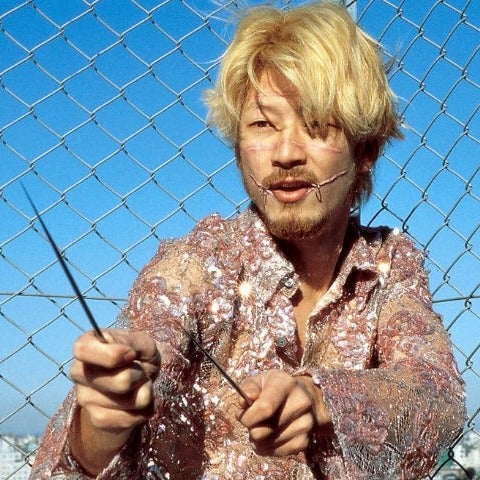A woman from Portland, Oregon has been awarded $1 million by a jury after she was discriminated against by a gas station employee who refused to serve her because she’s Black, KGW reports.
Almost three years after the incident happened, Rose Wakefield was awarded the money in the racial discrimination case by a Multnomah County jury. The 63-year-old woman pulled up to the Jacksons Food Stores gas station in Beaverton on March 12, 2000, but when she went up to get service she was told that she wouldn’t be served due to the color of her skin.
"I went to a gas station to get gas and service, and I wasn't served. I was actually humiliated and disrespected," she told KGW. Following the racist interaction with the employee, she reported the incident to Jacksons Food Stores management. Her attorney Gregory Kafoury said the company failed to record the incident, or even take her complaint seriously.
The employee in question, Nigel Powers, ignored her despite filling up other cars. Surveillance video showed her going inside the gas station for help, and it was only at this point did someone pump her gas. “I was like, 'What world am I living in?'" she said. “This is not supposed to go down like that. It was a terrible, terrible confrontation between me and this guy.” As she was leaving, Powers told her, “I don’t serve Black people” and laughed in her face.
“Ms. Wakefield originally was just going to let this go,” said Kafoury. “She told her friends that it was too disturbing and she didn't want to deal with it. And then she thought about it and said, 'It's too wrong. I have to do something about it,' and she came to us. ... They tried to boil it down to she wasn't served in the order in which she arrived. It is pretty cynical and it's pretty ugly.”
The civil trial went on for four days and came to an end this week. “I didn't want this to happen to anyone else,” Wakefield said. “It was a terrible scene, and no one should have to go through nothing like that.”

